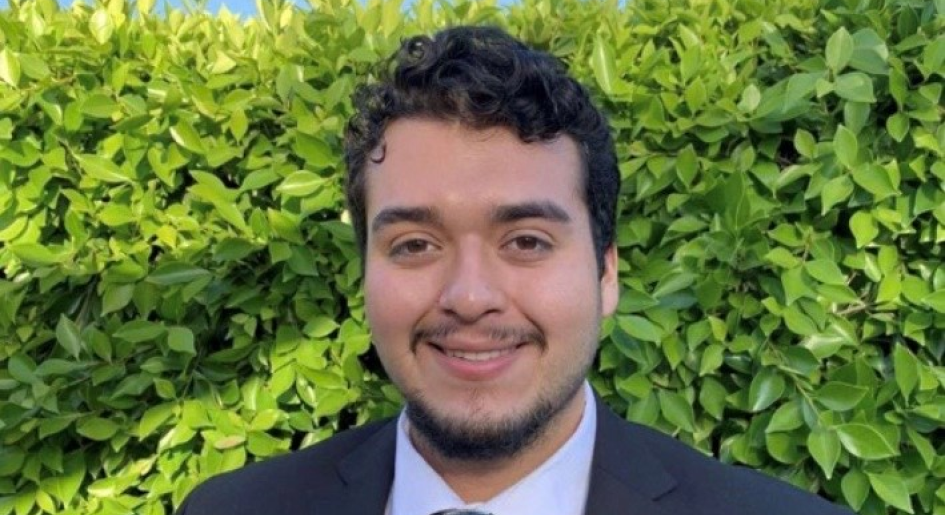
A Passion for Advocacy Leads One Student to an LSAC PLUS Program
Los Angeles-area native Fabian Guzman speaks frankly on why it’s important for those working in the legal field to look like the people they serve.
“Where I come from, the majority of people who go into the courts are people of color,” he says. “You don’t see too many white folks around here, but most of the people who work in those government buildings are white. I think it’s important to have lawyers who understand firsthand the problems in the community so they can advocate for the individuals affected by them.”
It was this belief that led Guzman to dream of a career in law from a young age. But there were challenges.
“My mom was a migrant farmworker, and my dad worked all his life,” he says. “I didn’t have the finances to attend a four-year university.” Guzman was studying at a community college when he heard about the LSAC Prelaw Undergraduate Scholars (PLUS) Programs, which are hosted each summer by participating law schools with support from LSAC. “I applied on a whim, not knowing what it would be,” he says.
Guzman soon learned that the PLUS Programs are geared specifically toward students like him: undergraduates from communities that have historically been underrepresented in the legal profession. The programs aim to provide these students with an immersive look at law school, the application process, and what a career in law can offer. Participants emerge from the program with the knowledge and tools they need to pursue a law degree and add their diverse voices to the legal profession. Participants also receive a $1,000 stipend. And last summer, when the programs moved online in response to COVID-19, LSAC provided laptops and internet access to students who needed that assistance in order to participate.
Hosted virtually by the University of Oregon School of Law, the PLUS Program that Guzman attended provided valuable information on navigating the process of applying to law school and getting accepted. He says the online format helped facilitate meaningful interactions among the participants. “If someone was typically shy in person, through Zoom and behind a camera, they would come out,” he recalls. “It helped bring out that bravery, including for me.”
Guzman enjoyed taking a variety of law-related classes and learning about what to expect from law school. “The idea of law school can be mentally draining,” he says, “but they taught us, step by step, and really drilled into us: You can do this.” Guest speakers, including two judges from Oregon, joined the group via Zoom and offered insights on their backgrounds and experiences. Additionally, each program cohort had a student mentor from Oregon Law who helped with the participants’ legal writing and answered any questions they had. “It was truly amazing,” Guzman says.
Furthermore, the legal professionals Guzman met gave him some insight into the areas of law he might want to practice someday. “I come from a humble background, so public service law is very interesting to me,” he says. “But I also have to pay the bills and make a living, and it would be amazing to be in a corporate setting. Some of our mentors who are attorneys said it’s good to have that corporate law ‘merit badge,’ because it opens doors to do other things with your career after a few years.”
Guzman had to miss the last day of the program because he was taking the next step on his journey toward a law career — transferring from his community college to UCLA, where he was beginning summer classes. Still, he says the PLUS Program helped solidify his career choice with confidence that he was making the right decision.
“Law school is no joke, and it’s very difficult,” he says. “But it’s a reality. Deal with it. Do it. I liked that authenticity. They helped push me, rather than trying to defeat me. They pushed me to step toward that dream.”
LSAC recently issued a call to law schools interested in submitting proposals to host a PLUS Program in 2022. Interested schools are strongly encouraged to submit a Letter of Interest prior to preparing a full proposal. Letters of Interest should be submitted to LSAC by June 11, 2021.
